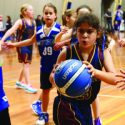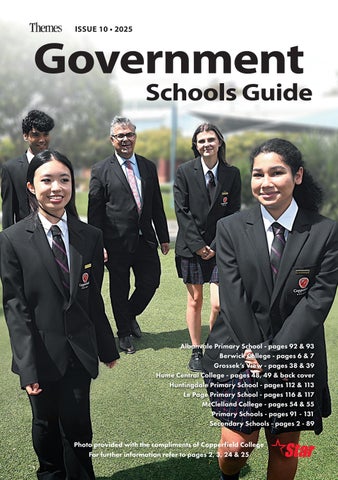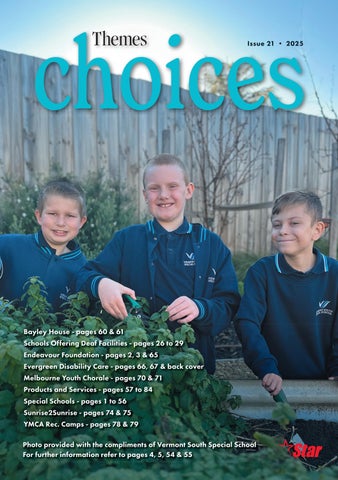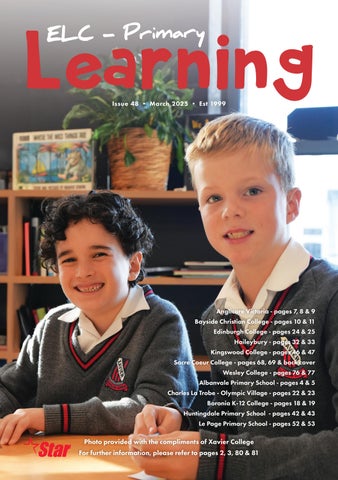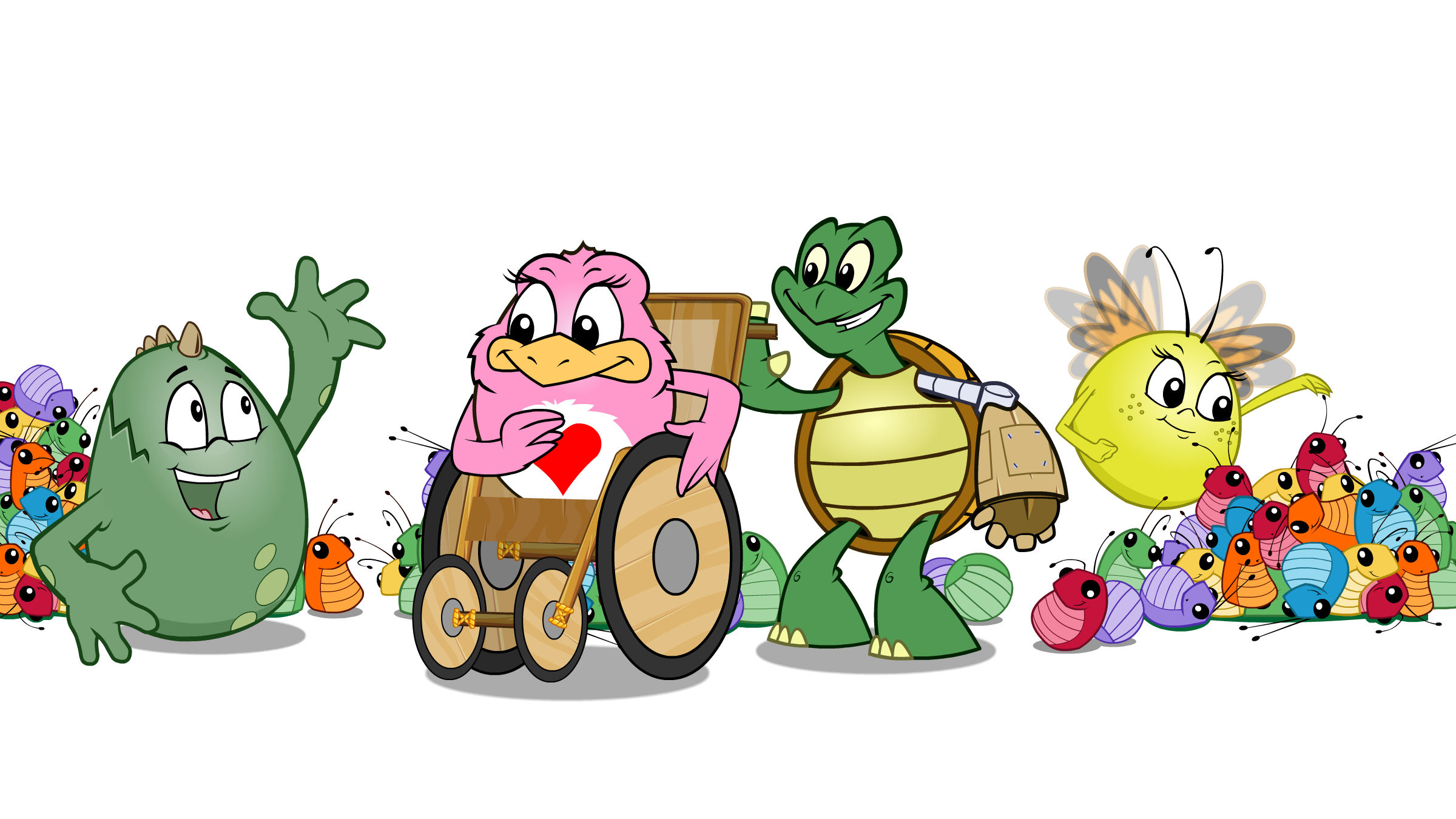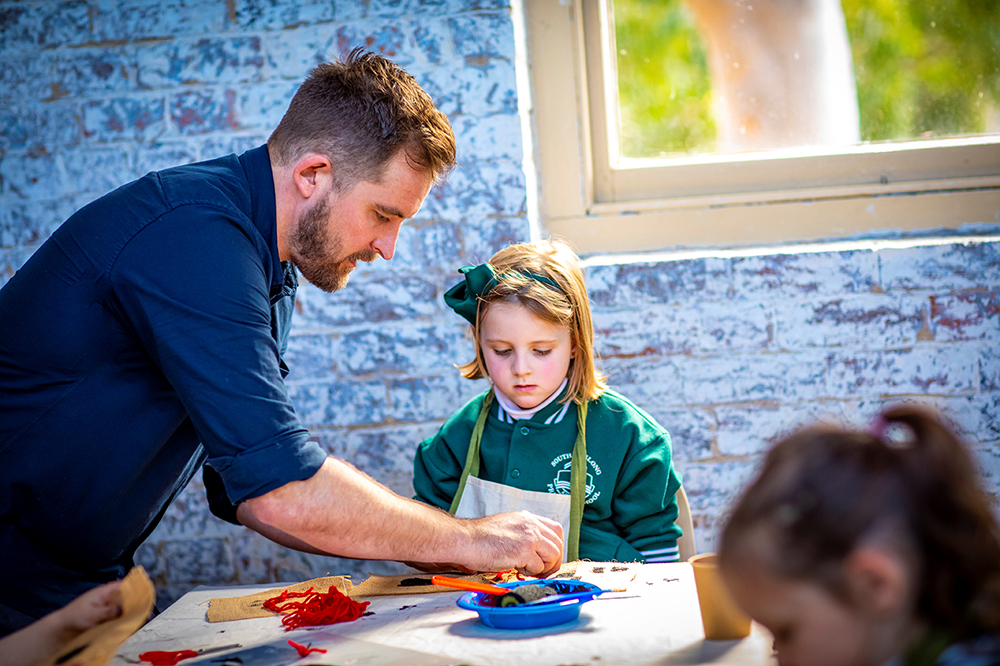The move between primary and secondary school happens alongside the transition from childhood to adulthood. With this comes many changes – changes to bodies, emotions, behaviours and attitudes.
Teachers and staff understand these changes and can provide information and support. Friendships developed during secondary school can provide peer support and help children develop social skills and self-esteem.
Making new friends and feeling comfortable are especially important when children start secondary school. It is important to remember, however, that your child’s friendships may change as they develop a sense of themselves and make sense of the world around them. A child’s relationship with their parents and family may similarly change.
Students adapt to transition in different ways. If you feel that your child is having difficulties, it is important to discuss your concerns and ask for help if needed.
Supporting your child’s welfare
Parents have an important role in supporting their children’s progress at school. It is also important to know that there are staff with specific roles to support student wellbeing and student learning available in schools.
The importance of health and fitness
Health and fitness is all about making healthy lifestyle choices, such as:
walking or cycling (instead of using the family car) to help reach the target of at least 30 minutes of exercise a day
only eating takeaway food occasionally
getting a good night’s sleep, which for teenagers can be up to 10 hours a night
restricting computer, TV and video games to a maximum of two hours, and encouraging your child not to do these activities in their bedroom
eating a variety of fresh and healthy food every day, aiming for five serves of vegetables and two serves of fruit a day.
Modelling a healthy lifestyle
Cigarettes, alcohol and drugs must play no role in the life of a 12-year-old. As parents we have a responsibility to ensure that our children understand that. We also need to model responsible behaviours ourselves.
While it is the responsibility of your child’s school to support a healthy lifestyle, at the end of the day it is you as parents who need to take the ultimate responsibility for the behaviour of your child.
Friendships and the transition to school
Many children start secondary school expecting to make new friends. At the same time, they are concerned that they may lose contact with their current friends, particularly if they’re changing schools. For some children, the desire to stay with their group of friends influences where they would prefer to go to secondary school – and if they move to a different school they wonder how they will keep in touch and sustain their friendships.
Friends help each other make the transition from primary to secondary school easier. Friends are people that your child can talk to, share things with, confide in and sometimes argue with. Remember, conflict is a normal part of growing up. Conflict is not necessarily bullying, even though it may be upsetting and need resolution.
Parents and friends play different roles in the life of children. You influence your child’s long-term decisions to do with values and morals. Your child’s friends are more likely to influence short-term choices, such as the way they dress and their interests. Strong relationships with you and your child’s friends help your child grow into a well-adjusted adult with strong social skills.
Right now, your child’s friendships will tend to be based on sharing similar interests, acceptance and sharing. Same-sex friendships are the norm during the first years of secondary school.
For more information on the above please refer to the Victorian Dept of Education and Training website.

